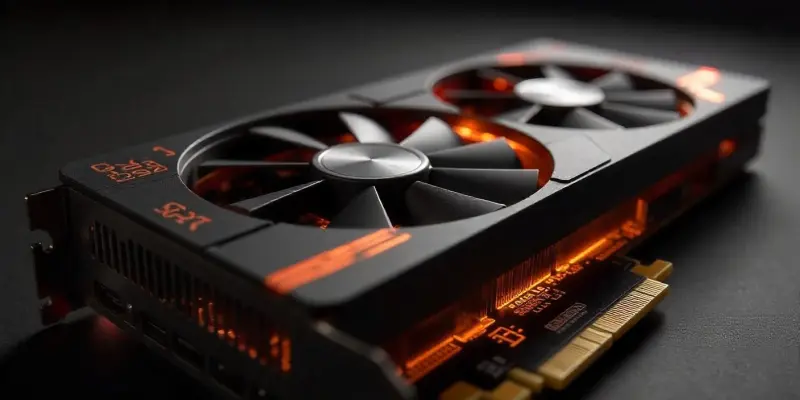In the ever-evolving world of gaming technology, Nvidia’s launch of the GeForce RTX 50 series GPUs, comprising the RTX 5060 and RTX 5060 Ti models, has generated considerable buzz among tech enthusiasts and gamers alike. Priced at $299, the RTX 5060 aims to deliver high-performance gaming capabilities, boasting an impressive offering that includes DLSS 4 with Multi Frame Generation, enabling users to experience game worlds at more than 100 frames per second. Despite the enthusiasm surrounding their release, a cloud of uncertainty lingers over their market reception due to a lack of pre-launch reviews. This absence of early evaluations can be attributed to the unavailability of necessary drivers, leaving potential buyers without a comprehensive understanding of these GPUs’ real-world performance.
Navigating GPU Options and Market Perspectives
The RTX 5060’s standing is hindered by its 8GB VRAM, seen as less competitive when matched against products like the Intel Arc B580, which offers 12GB VRAM for $250. Those playing resource-intensive games may prefer the Arc B580. However, early reviews, including PC Gamer’s, highlight the RTX 5060’s superior performance in most tests, favoring those who prioritize speed over memory capacity, though debates persist on feature value. Comparatively, the RTX 5060 Ti is available for $429 with 16GB and $379 with 8GB, offering a longer lifespan over future titles due to its higher memory.
In laptops, the RTX 5060 is featured in systems by Acer, Asus, and Lenovo, starting at $1,099. They utilize Max-Q technology, adapting to mobile form factors with 45W-100W TGP, balancing performance and efficiency. The desktop version has a consistent 145W TGP. While specs hint at optimistic prospects for Nvidia’s latest GPUs, buyers should await more reviews.
Nvidia’s GeForce RTX 50 series has potential; yet, buying should be considered cautiously. Future evaluations may offer deeper insight into performance, cost, and longevity, informing decisions in this dynamic gaming hardware landscape.

